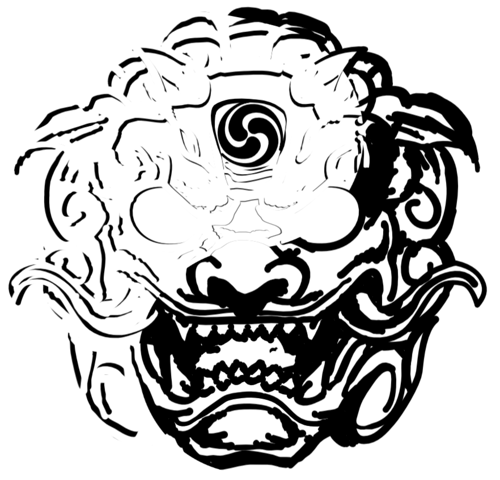the teachings of buddha
wheel of dharma
The Wheel of Dharma is the translation of the Sanskrit word, “Dharmacakra.” Similar to the wheel of a cart that keeps revolving, it symbolizes the Buddha’s teaching as it continues to be spread widely and endlessly. The eight spokes of the wheel represent the Noble Eightfold Path of Buddhism, the most important Way of Practice. The Noble Eightfold Path refers to right view, right thought, right speech, right behavior, right livelihood, right effort, right mindfulness, and right meditation. In the olden days before statues and other images of the Buddha were made, this Wheel of Dharma served as the object of worship. At the present time, the Wheel is used internationally as the common symbol of Buddhism.
buddha’s wisdom
Buddha’s Wisdom is broad as the ocean and His Spirit is full of great Compassion. Buddha has no form but manifests Himself in Exquisiteness and leads us with His whole heart of Compassion. This book is valuable because it contains the essence of the Buddha’s teachings as recorded in over five thousand volumes. These teachings have been preserved and handed down for more than twenty five hundred years extending beyond borders and racial barriers of the world. The words of Buddha contained in this book touch on all aspects of human life and bring meaning to it.
dhammapada
Hatreds never cease by hatreds in this world. By love alone they cease. This is an ancient Law. (5) A fool who thinks that he is a fool is for that very reason a wise man. The fool who thinks that he is wise is called a fool indeed. (63) Though he should conquer a thousand men in the battlefield a thousand times, yet he, indeed, who would conquer himself is the noblest victor. (103) Though he should live a hundred years, not seeing the Truth Sublime; yet better, indeed, is the single day’s life of one who sees the truth Sublime. (115) Hard is birth as man, Hard is the life of mortals, Hard is the hearing of the Sublime Truth, Hard is the appearance of a Buddha. (182) Not to do any evil, To cultivate good, To purify one’s mind, – This is the advice of the Buddhas. (183) There are no sons for protection, neither father nor even kinsmen; for him who is overcome by death no protection is there from kinsmen. (288)
BUKKYO DENDO KYOKAI (Society for the Promotion of Buddhism) 3-14, Shiba 4-chome, Minato-ku, Tokyo, Japan, 108-0014 Phone: (03) 3455-5851 Fax: (03) 3798-2758 E-mail: bdk@bdk.or.jp http://www.bdk.or.jp Four hundred & seventy-second Printing, 2019
The Teaching of Buddha By: Bukkyo Dendo Kyokai (society for the promotion of buddhism)
